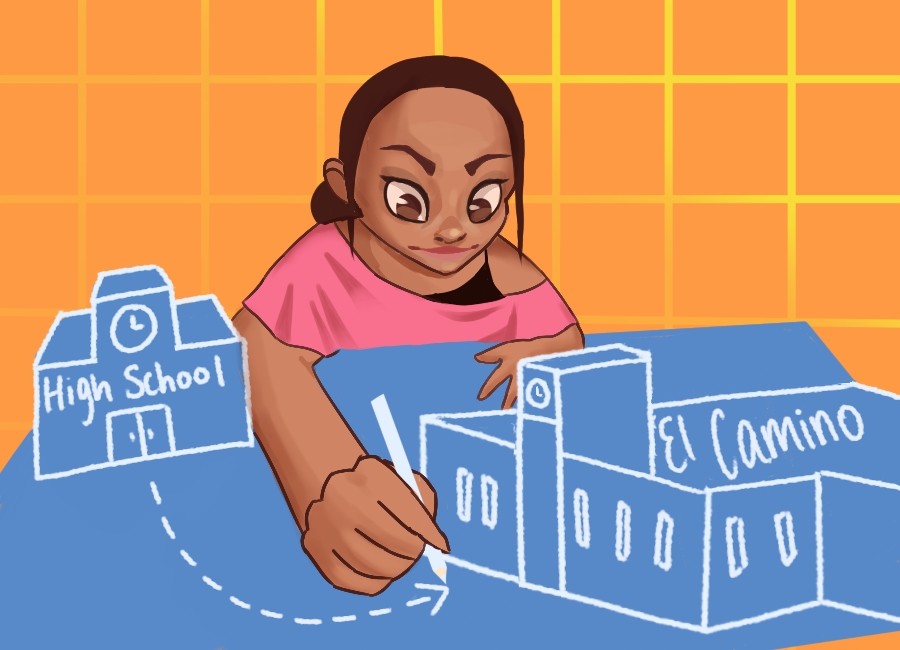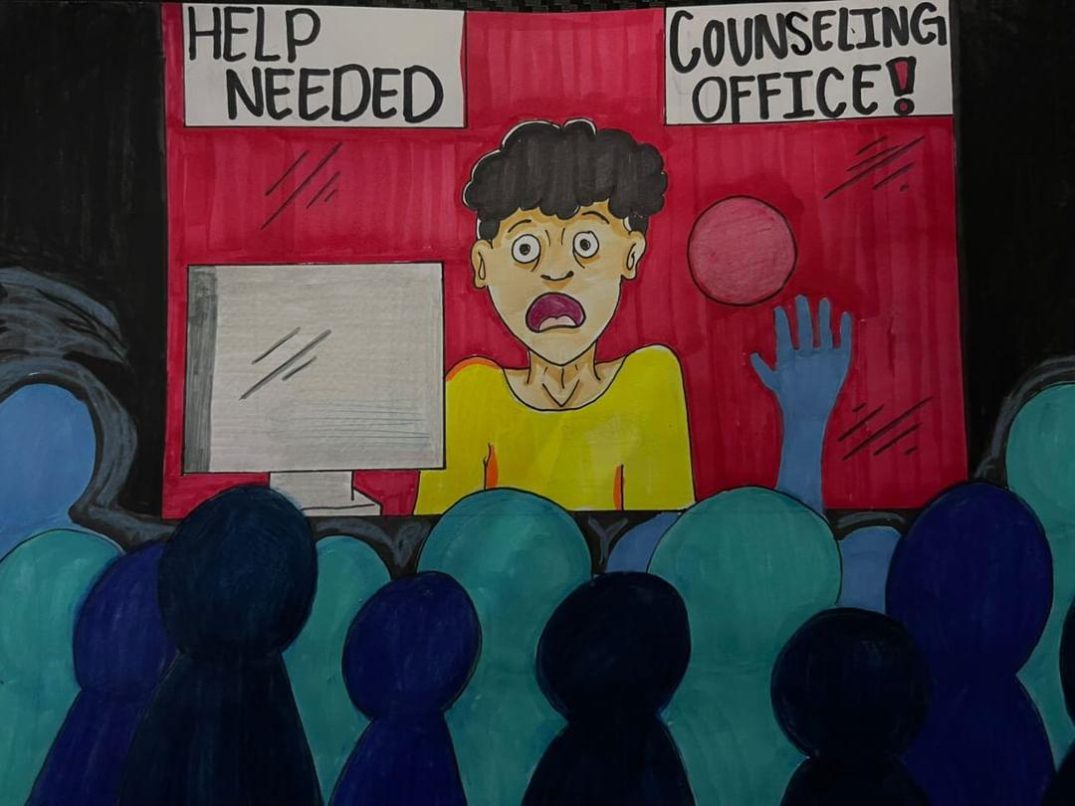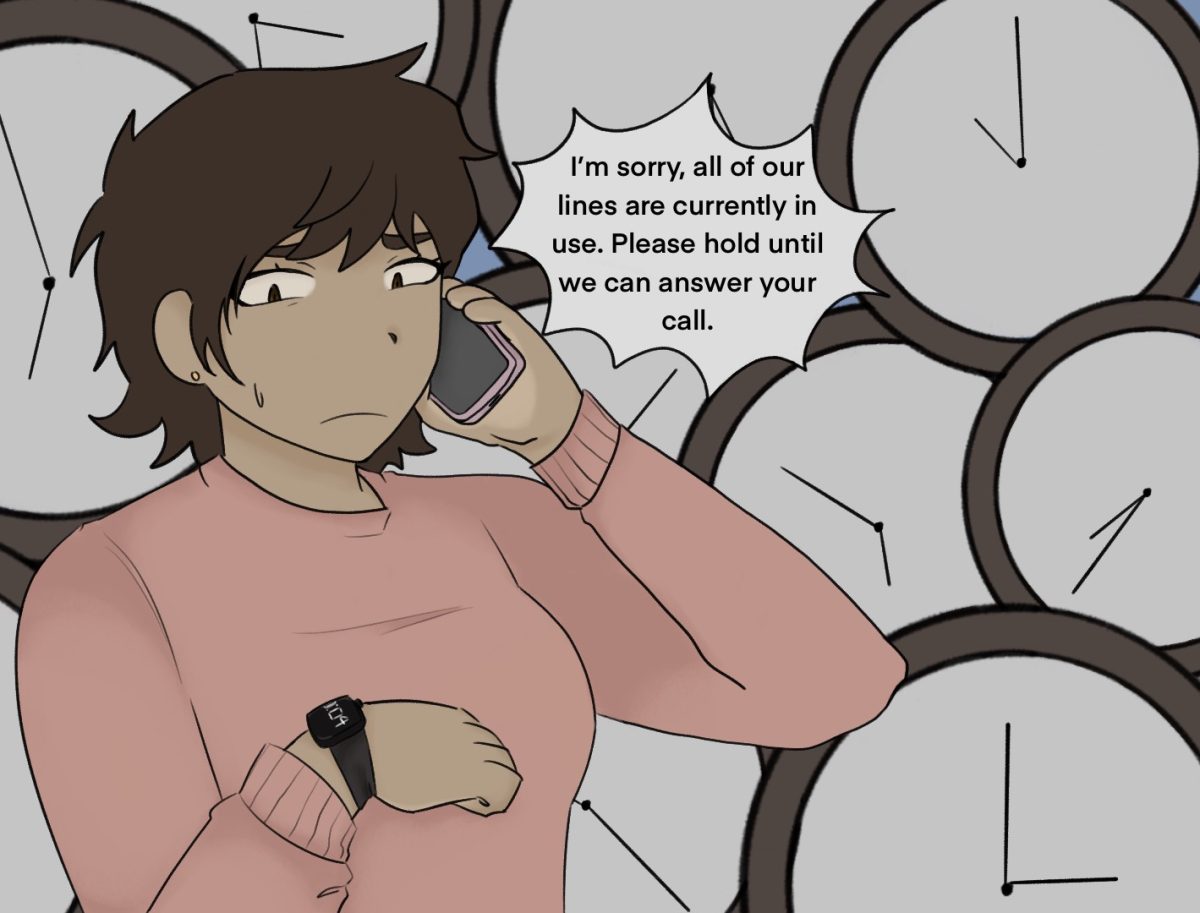Paper or plastic doesn’t seem to even be a question anymore at the end of your grocery shopping spree. Today, our friendly bagger or paper-girl, automatically assumes that the costumer wants nothing but plastic and they go through hundreds of them daily. More than a billion plastic bags are used yearly worldwide and the portion of those grocery store customers close to a beach go and leave their trash behind unaware of the severity and dangers of such actions.
The plastic trash that does not get picked up by any good Samaritan gets washed out into the sea, causing severe consequences to life out in sea. The sea animals that live and feed near the surface of the ocean often mistake plastic material as food and get tangled in it.
Because plastic takes about 400 years to biodegrade, the sea animals, such as sea turtles and whales, cannot digest this material.
The plastic either chokes them, or gets stuck in their digestive tract so that they cannot digest their food, and therefore die of starvation. Plastic bags cause more than 100,000 sea turtles and other marine animals in the North Pacific Ocean to die each year.
Not only do these plastic bags kill innocent sea creatures, they are also adding to global warming.
Between, 60 and 100 million barrels of oil are used to make plastic bags each year. This process adds tons of carbons emissions into the air annually. These carbon emissions increase the greenhouse effect, making the atmosphere warmer and therefore adding to global warming.
And not only are plastic bags killing animals and adding carbon emissions, they are also costing us more money.
Approximately $4 billion dollars are spent on plastic bags by retailers which force them to increase the cost of the products we buy.
Some think that recycling bags is the answer, but how many consumers, realistically speaking, will honestly help with this solution? Only about 3 percent of plastic bags end up being recycled.
Plastic collects and often gets stuck floating in one particular area of the ocean when it has no more area to disperse. This results in huge masses of plastic and other garbage floating in the middle of the ocean.
Videos have been shown in oceanography classes as well as the Discovery channel where otters are suffering to free themselves for they’re trapped in plastic soda containers.
One doesn’t have to be an environmentalist, but learning the costs that these plastic bags have on our environment and our economy should convince one that banning plastic bags is smart, responsible and will save the lives of many suffering sea animals.
Categories:
Should plastic bags be banned? Yes.
By Lauren Neuroth
•
October 15, 2009
More to Discover






